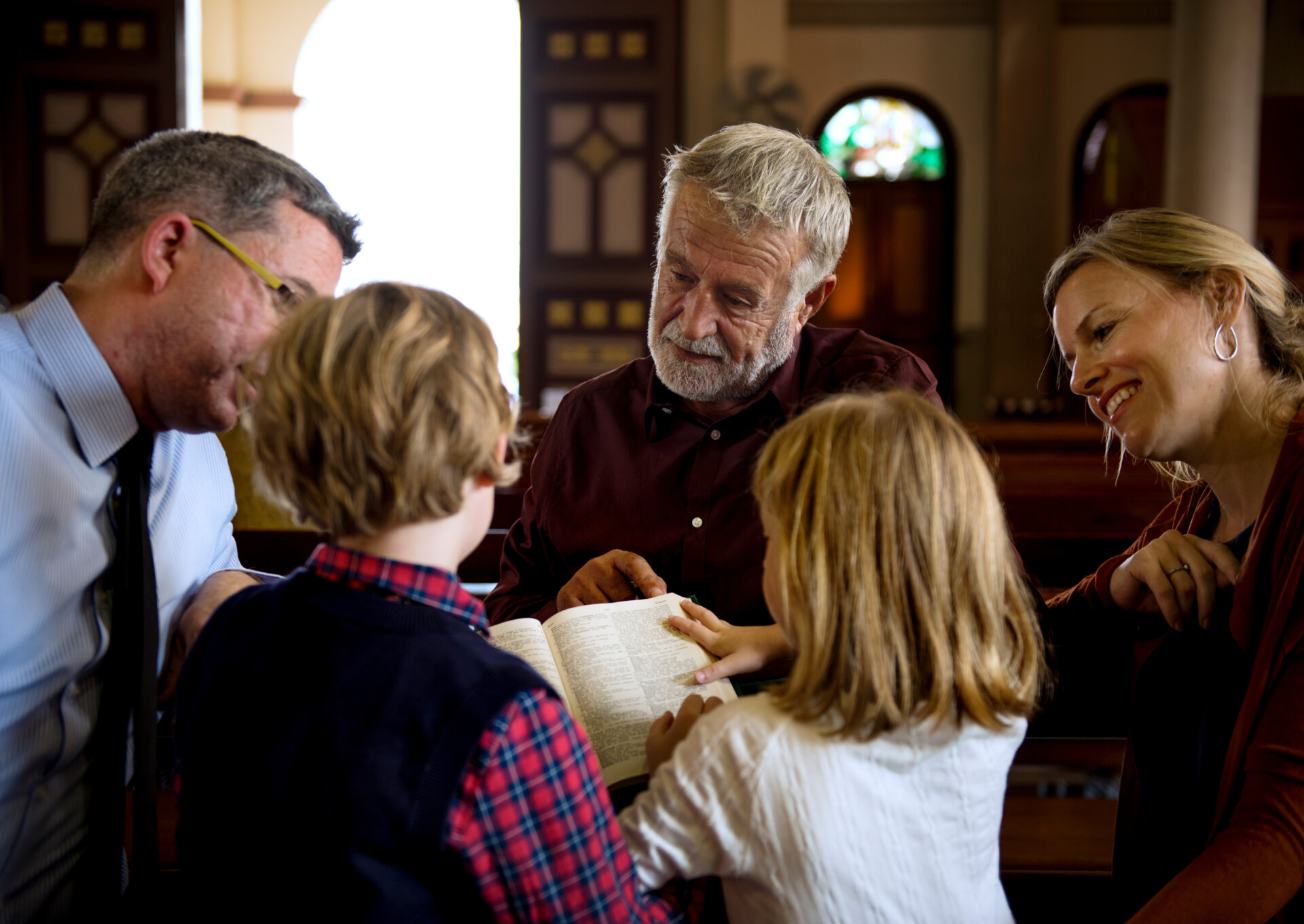Course Description
Continuing Education Hours: 3.5
This training is a collaborative presentation based on the book, Trauma in the Pews: Impact on Faith and Spiritual Practices. The presentation will address the ways that faith communities often unintentionally misjudge the effects of childhood trauma in both positive and negative ways— often re-traumatizing the traumatized. Five common religious practices will serve as examples in discussing the neurobiological impact of trauma on faith and an individual’s ability to participate in spiritual practices. These practices will consider the topics of sin, conviction, repentance, forgiveness, self-loathing, and unmet childhood needs. The strength of the survivor will be emphasized and five principles of trauma-responsive churches will be offered as paths to provide safe-spaces for both healing and spiritual growth.
Learning Objectives
- Participants will be able to distinguish between traumatic events and the ongoing physical, emotional and/or spiritual impact.
- Participants will be able to distinguish between neurobiological responses to trauma and spiritual issues.
- Participants will be able to identify at least five practices that either retraumatize or prevent spiritual growth those impacted by trauma.
- Participants will identify ways that viewing behaviors (coping/survival) through a trauma lens increases compassion within faith communities and allows recognition of the spiritual strengths of survivors.
- Participants will understand concepts of spiritual co-regulation, personal regulation, and resilience.
- Participants will be able to evaluate a faith community’s application of the five principles of trauma-responsive practices.
Learn More About this Course HERE



